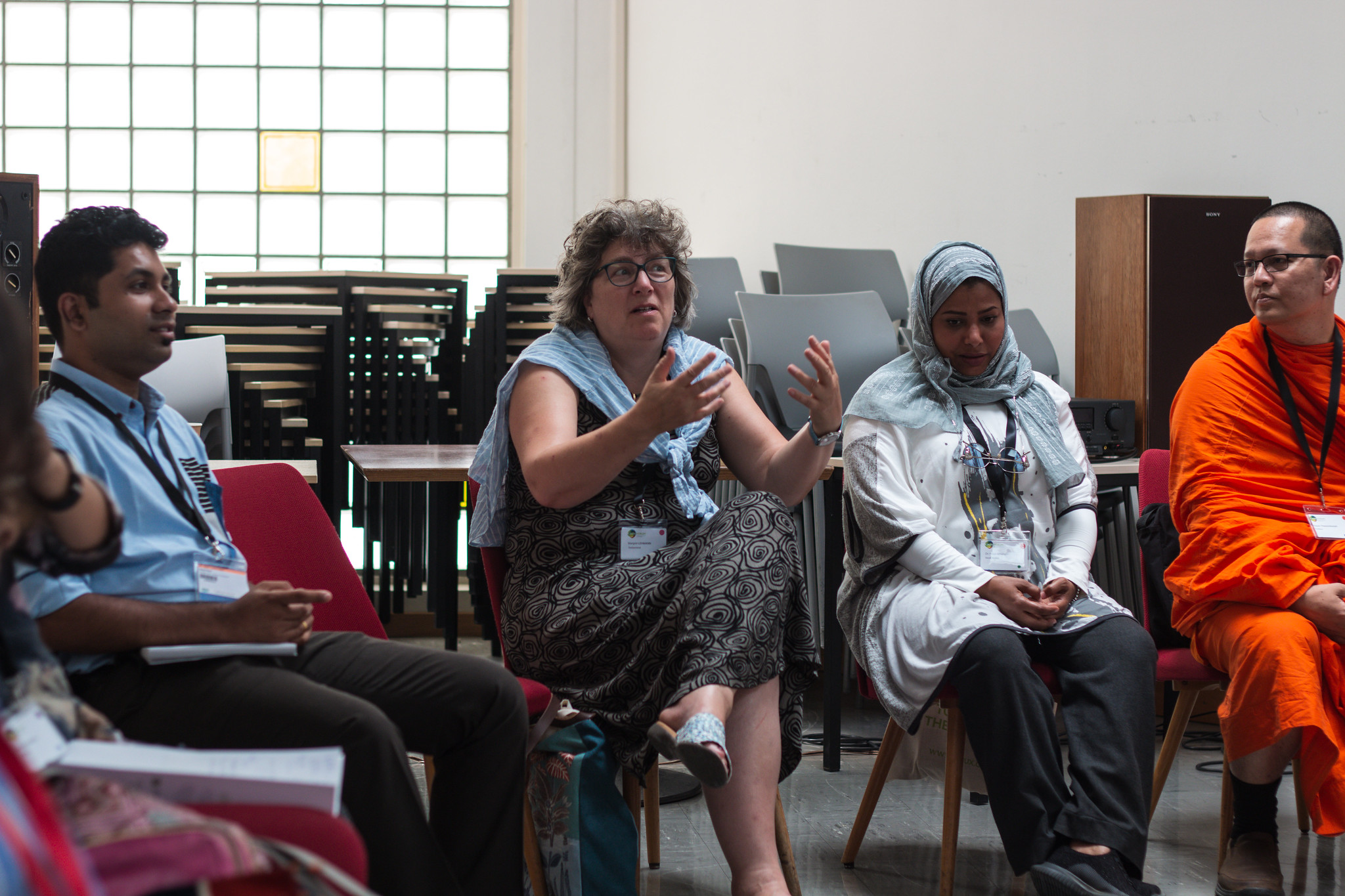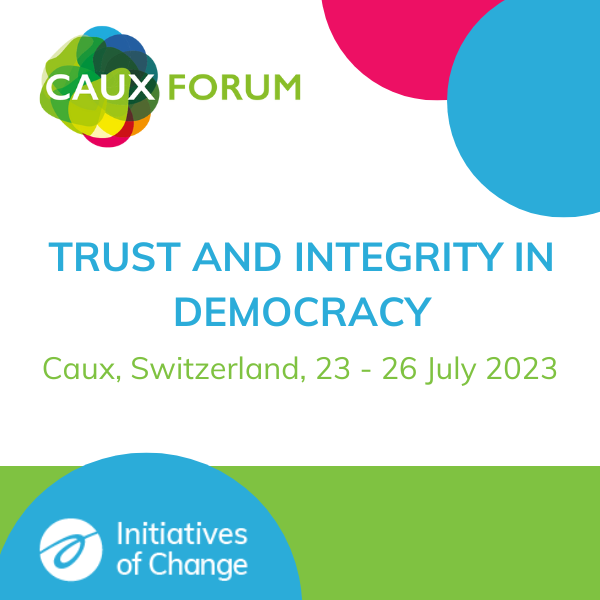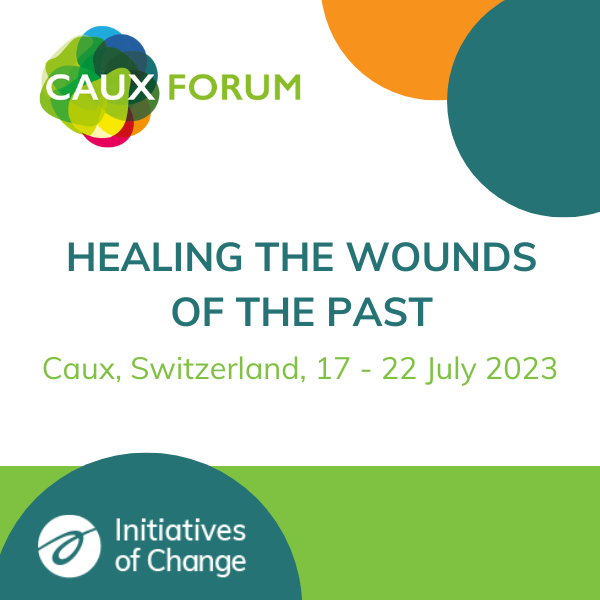TIP 2018: “Tackling extremism is a team effort.”
Towards and Inclusive Peace 2018
14/07/2018
On July 13, the third day of Towards an Inclusive Peace 2018, the group opened with a discussion about community approaches to violent extremism. Panelists David Smart, National Coordinator for Prevent in the UK, Gulalai Ismail, Founder and Chairperson of Aware Girls in Pakistan, and Amjad Saleem, Manager of the Inclusion, Protection, and Engagement Unit at the International Federation of Red Cross and Red Crescent Societies kicked off the discussion.
Communities must be at the center of any bottom-up, local approach to addressing violent extremism. “It’s also really important that schools and authorities take responsibility,” explained David Smart. “Tackling extremism is a team effort.” By involving youth and women, community-based efforts to prevent and transform violent extremism will be more successful. With 1.8 billion people on the planet between the ages of 18 to 24, engaging youth is key to building narratives of non-violence and peace.
“I believe that the world has a lot to learn from the civil society organizations from Pakistan,” said Gulalai Ismail. While violent extremism is a global issue, the Youth Peace Network in Pakistan has helped build prosperous and peaceful communities by offering alternative paths for young people. With dialoguing, workshops, and peace circles, they have found success in preventing violent extremism.
“Extremism happens when people are on the periphery, when they are left out,” said Amjad Saleem. Not just inclusion, but the recognition of human dignity is important to build resilience to withstand the draw of violent extremism. Ensuring that basic needs are met such as access to services can help communities recover from the shock of extremist actions.
After breaking into community groups to discuss the morning’s plenary, participants joined workshops to learn about inter-religious dialogue, gender perspectives, ethics education, racism and narrative analysis, personal transformation, self-care, and peace circles. In one session on gender perspectives, Melinda Holmes, senior adviser and program manager with the International Civil Society Action Network (ICAN) explained how to address extremism inclusively and holistically. Much of the discourse around extremism has involved approaches such as counter-terrorism (CT) and countering violent extremism (CVE). These often militarised perspectives fail to take into account topics such as gender and youth involvement in solutions to addressing violent extremism. If preventing and transforming violent extremism is our goal, we must include gender perspectives in our approach to involve both men and women in the affected communities.
Join us tomorrow as we discuss the challenges of deradicalization and reintegration. Follow the conversation on social media with #CauxTIP and #CauxForum.































